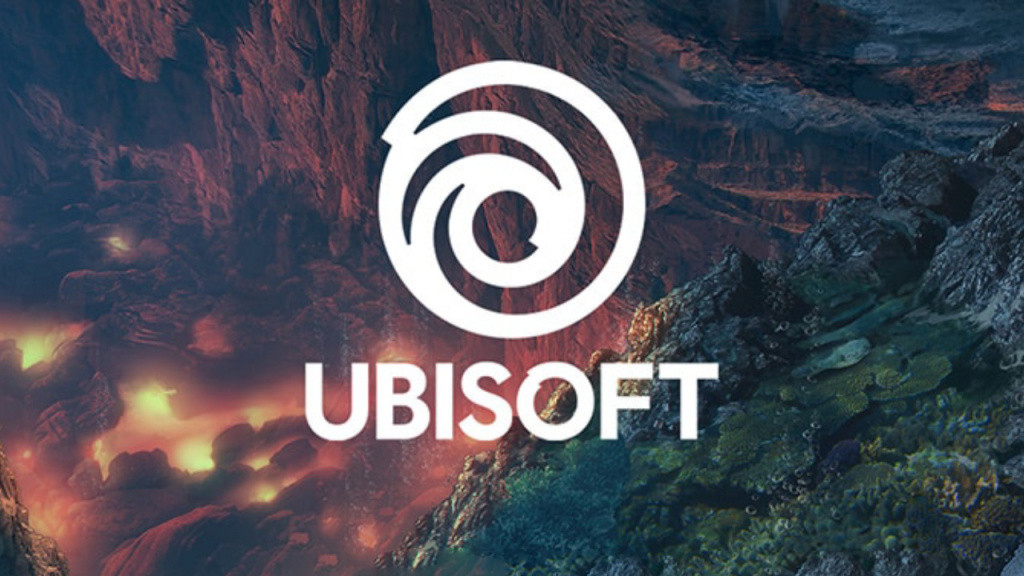Unions are calling Ubisoft employees to strike today.
A national strike takes place at Ubisoft today. Video game unions have mobilized, and this social movement could well be followed by many workers, because the editor is particularly criticized internally.
Advertisement
“We cannot tolerate being treated like objects to mitigate their bad decisions”
Ubisoft employees in France are preparing to make their discontent heard through a national strike planned for today. This mobilization follows disappointing annual negotiations, where management proposed salary increases well below inflation for the second year in a row, despite the company’s excellent financial results. Unions, such as Video Game Workers Union (STJV), are at the origin of this social movement. In the leaflet published by union trio composed by STJV, Solidaires Informatiques and FIECI, calling for a rally for better remuneration, we can read:
Our employer has benefited from monumental income during successive lockdowns, we cannot tolerate being treated like objects to mitigate their poor decisions. Let’s take advantage of the day traditionally dedicated to passion to let our employer know that our vocation for this profession is not a pretext for treating us like furniture.
Employees would like “projects on a more human scale, but that’s not what Yves Guillemot is heading towards”
The workers’ demands are clear: they are asking for general increase of 5% to take into account the increase in the cost of living. However, Ubisoft management has not only offered increases of 2 to 3%, justifying this with arbitrary cost reduction targets. This proposal is seen as an insult by employees, who believe that their contribution to the financial success of the company deserves a more meaningful reward. On the other hand, the remuneration is not the only concern. In an interview with Gamekult, representatives of Ubisoft employees (Clément from Ubisoft Montpellier and Vincent from Ubisoft Paris) explain that it is also about working conditions, and mental health for workers.
Specifically regarding Ubisoft Montpellier, you have just published Prince of Persia: The Lost Crown. Did the teams experience crunch during development?
Clement: I went through Beyond Good & Evil 2 before landing on Prince of Persia, and I can say that this latest project definitely went better than others. (…) On the other hand, yes, there was some crunch, some people accumulated a lot of overtime (…) the game was released in a state which is rather good, but the devs always want to refine as much as possible (…) what we ask for is the time and the means to work as best as possible. But after a while, at Ubisoft, you have to fit into a fiscal year, that locks in your release date, and it’s hard to get additional deadlines.
(…)
I would like to point out that in Montpellier, many workers on Beyond Good & Evil 2 are asking to work on projects like Prince of Persia. Some colleagues have been working on BGE 2 for five years, seven years, they have spent their entire career on it, they have never been able to release a single game, so they look at the next project with envy. The CSE launched an alert of serious and imminent danger regarding well-being at work on BGE 2 and the labor inspectorate carried out an investigation a year and a half ago. We would like other creations like The Lost Crown to avoid chaining AAAs. People need future prospects, not to stagnate on the same game for four to five years, a kind of rotation with projects on a more human scale, but that is not what Yves Guillemot
Ubisoft, Don’t Nod… employees of French studios and publishers determined to assert their rights
In a press release, the unions highlighted the absurdity of the situation stating:
A company that continues to make a profit, even when its management has repeatedly failed, choosing to overcharge its employees to increase profits, is simply unacceptable.
This strike is therefore more than just a request for a raise, it’s a rallying cry for respect and recognition of the value of employees’ work. The mobilization of Ubisoft France workers is part of a broader context of awareness of working conditions in the video game industry. The problems of overload of work, constant pressure, projects that last indefinitely and drain the minds of their developers and artists, and poor pay conditions have become commonplace, and employees are increasingly determined to assert their rights.
Advertisement
Moreover, Ubisoft is far from being alone in this situation. A Damning report released by STJV reveals series of critical internal problems within Don’t Nod, impacting employee morale and well-being. Among the major concerns here too are the conflicting directions from key decision makers THE change of deadlines without notice, as well as the chaotic reorganization of teams without a long-term vision of projects. Disturbing revelations show that crucial decisions, such as the significant delay of the game Banishers: Ghosts toReturn to the general public paraded a lack of transparency and erratic decision-making within the company. Moreover, the dissolution of the team working on Jusant, following a commercial failureand the consequences on team morale, highlight the tumultuous situation within Don’t Nod Entertainment.
Ubisoft’s next upcoming game is Skull and Bones, which comes out the day after tomorrow.
